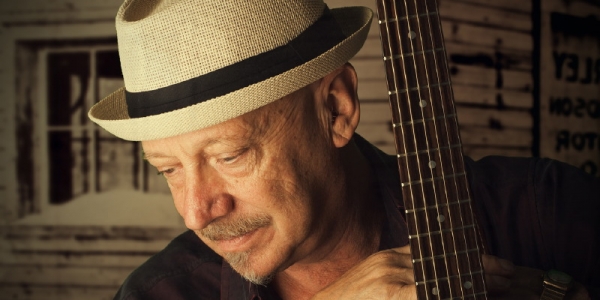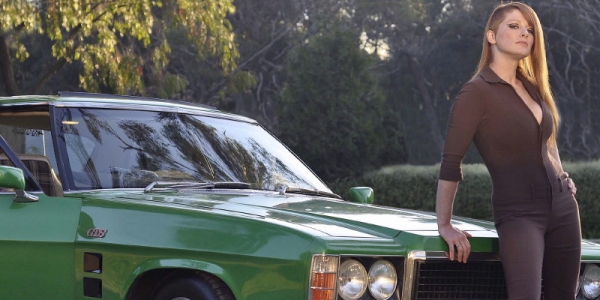By the 1960s, Morris had taken his first steps toward a career as a pop musician, inspired initially by the sounds of the British invasion bands, particularly The Rolling Stones. “Initially when the Beatles came out I wasn’t overawed by them, but then The Rolling Stones came out and I thought ‘yeah, I love this!” Morris recalls. “So at that stage we started listening to their albums, and the songs, and we started a band of our own. And then we realised that they didn’t write their songs, and that they were old blues songs, so we started buying blues albums and learning how to play blues songs.” In 1969, Morris teamed up with young music journalist Ian ‘Molly’ Meldrum to record The Real Thing (written by Johnny Young, of Young Talent Time fame). The song would go on to become a major national and international success, and provide Morris with a dose of pop fame that continues to provide the historical backdrop for his musical career. In the 1970s, Morris joined the exodus of Australian pop stars seeking international success, and moved over to Europe, and subsequently the United States.
But like so many of his contemporaries in the 60s and 70s pop scene, Morris found himself increasingly marginalised and pigeon-holed in a music industry institutionally obsessed with youth. Morris continued to tour, including with fellow former pop stars Daryl Cotton and Jim Keays, as well as releasing the occasional new album. A few years ago, having previously queried whether it was worth recording new material, Morris decided to return to the blues music that had originally inspired him. “Now that I’m a little bit older, I’m going to do an album of music that I really want to do – I’m going to do an album of blues songs,” Morris says.
Morris hadn’t completely lost touch with the blues in the intervening period – “I used to always do at least a couple of blues songs in my set,” he says – though he admits it was a more commercially-slanted aspect of the blues. Despite his ongoing interest in the genre, and the encouragement of friends, Morris remained reluctant to immerse himself in a full-blown blues project. “I just didn’t feel comfortable singing about the Mississippi Delta, or doing John Lee Hooker or Howlin’ Wolf covers – I’m not American,” Morris says.
Unsure of how to realise the idea floating around in his head, Morris eventually returned to the stories of his youth. “It was when I saw a photo of Thomas Archer, who was known as ‘Shark Jaws’, and I loved the photo so much I took it home and looked at it, and then I wrote a song about it,” Morris says. That song became Sharkmouth, the title track from Morris’s new album of blues songs that delve into Australia’s sordid and violent criminal history. “That was the catalyst,” Morris says. “I realised that the blues were around in 1916, and that I can sing all these songs about Australian history, and they’re legitimate in this cradle of blues.”
Morris revisited his grandmother’s stories, coupled with his own experiences as a boy growing up in Richmond. Morris undertook enough historical research to lend his songs a veneer of historical accuracy, without creating bland academic narratives. “I didn’t want to make the songs too stodgy, so some of the stories are painted with a broad brush, with a little bit of poetry in there,” Morris says. The characters of Morris’s songs range from the criminal (Squizzy, Sharkmouth) to the inspirational (Big Red) and the tragic (Ballad, Les Darcy); the scenes range from vagrancy (Walking the Blues), violent confrontation (Bout to Break) and redemption (Mr Eternity). Aware of pop culture’s predilection for simultaneously celebrating and sanitising violent characters, Morris recognises many of the characters in his songs are fundamentally nasty people. “I wasn’t trying to romanticise them at all – a lot of them are preying on vulnerable people,” he says.
Sharkmouth found an immediate audience, providing Morris with his first chart-topping record in many years. Buoyed by the success of the album, Morris plans to complete a trilogy of albums exploring Australian history through the prism of the blues. Having ridden the pop rollercoaster all those years ago, Morris has been imbued with a level of pragmatism about his music. “You have to be able to ride beast, and if it lies down in the sand, it may be able to get up again, and if it doesn’t get up again, that’s life,” he says philosophically.
BY PATRICK EMERY

